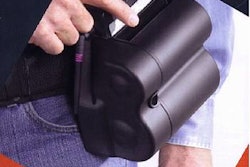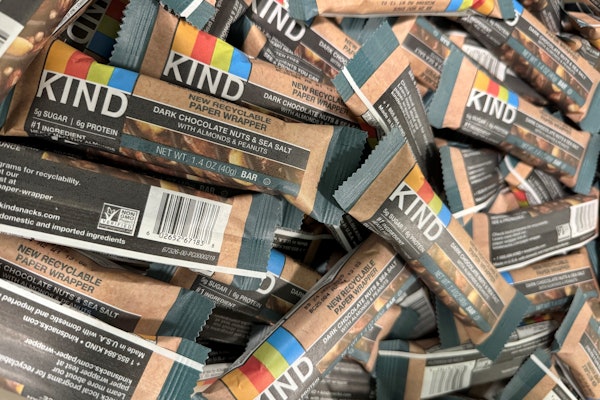After the presentation, Ms. Gouthaman deftly fielded questions from the audience and following are highlights of her responses:
Are there any mandates, especially in pharmaceutical drug tracking, similar to what Wal-Mart has done in retail?
Gouthaman: There are no mandates as such. In the retail sector, there are mandates by Wal-Mart, Tesco, and Metro, for example. In the pharma space, it is a case of regulatory compliance. One of the biggest market influences is the U.S. Food & Drug Administration, which has come out in support of RFID technology as a means of [creating an] electronic pedigree. These recommendations include compliance of RFID tagging requirements at the item level by 2007. It would have a huge impact if the FDA required compliance as soon as 2007.
Some companies are awaiting proof that RFID can work. What will it take for RFID to break through this hesitancy?
Gouthaman: On the one hand, the potential of RFID is there, but there’s also apprehension among end users. One of the biggest reasons for that is the cost of the hardware, which hinders those considering wider investment in RFID. As tag costs have come down progressively over the past couple of years, some pharma companies have adopted a tiered approach to RFID tagging, [focusing on] product lines that have high margins and are able to absorb the cost of the initial investment.
Also, because the technology is still evolving and has not yet reached plug-and-play [simplicity], healthcare and pharma companies are adopting a “wait and watch” approach. They want to know if RFID projects in other markets such as in retail will succeed. The success of projects where there are huge investments will probably decide the future of the technology in healthcare and pharma applications, and possibly help in overcoming apprehension and hesitancy. Still, we are seeing a considerable investment and pilots, and RFID will see considerable deployment after 2007 when FDA deadlines are met by a majority of pharma companies.
What are ramifications of the announcement about Pfizer RFID-enabling all of its Viagra to be sold in United States?
Gouthaman: It’s definitely one of the larger pilots. Ideally, what this means is that the success of an early adopter will instill a higher level of confidence among smaller manufacturers that are still skeptical about RFID investments and technology and what it can do for them. Pilots by large companies have a spillover effect across the market and induce a wider rate of adoption.
About the expert: Priyanka Gouthaman is recognized as an expert in the Automatic Identification (Auto-ID) industry, including RFID.























